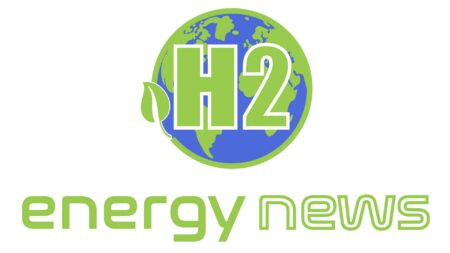The transport authority of Lower Saxony in Germany has unveiled a bold plan to deploy 102 electric trains starting in 2029. This move comes as a potential setback for hydrogen-powered trains, specifically Alstom’s iLint Coradia, which currently runs on the EVB network.
Browsing: Germany
Germany, a pioneer in the global energy transition, has been actively seeking ways to integrate hydrogen and gas power plants into its energy mix to address intermittent power supply from renewable sources like wind and solar.
Germany’s ambitious hydrogen strategy, while commendable, may encounter hurdles in securing sufficient supply to meet its targets. The nation aims to significantly increase its hydrogen demand by 2030, with a substantial portion to be met through imports.
Solaris, a prominent European bus manufacturer, has successfully delivered ten hydrogen buses to two private bus carriers in the Upper Bavaria region of Germany.
Bloom Energy, a leading provider of solid oxide fuel cells, has announced its first customer in Germany, Geothermie-Gesellschaft Bruchsal GmbH, an affiliate of the energy conglomerate EnBW.
Wacker Chemie AG, a leading chemical company, has successfully completed the expansion of its hyperpure hydrogen chloride production at its Burghausen site in Germany.
Germany’s Ministry of Economics and Climate Protection (BMWK) is forging ahead with plans to revolutionize the energy sector by establishing a subsidy framework for hydrogen power plants.
GV Investment Group Egypt’s Chairman of the Board of Directors, Sherif Hammouda, has announced his company’s readiness to join forces…
Germany is accelerating its transition to cleaner energy sources, aiming to replace coal-fired power plants and increase renewable capacity. To support the integration of intermittent renewables, German energy giant RWE plans to construct an 800MW hydrogen-ready gas-fired power plant.
Germany has embarked on a groundbreaking journey towards finding an efficient and cost-effective solution for storing green energy.



